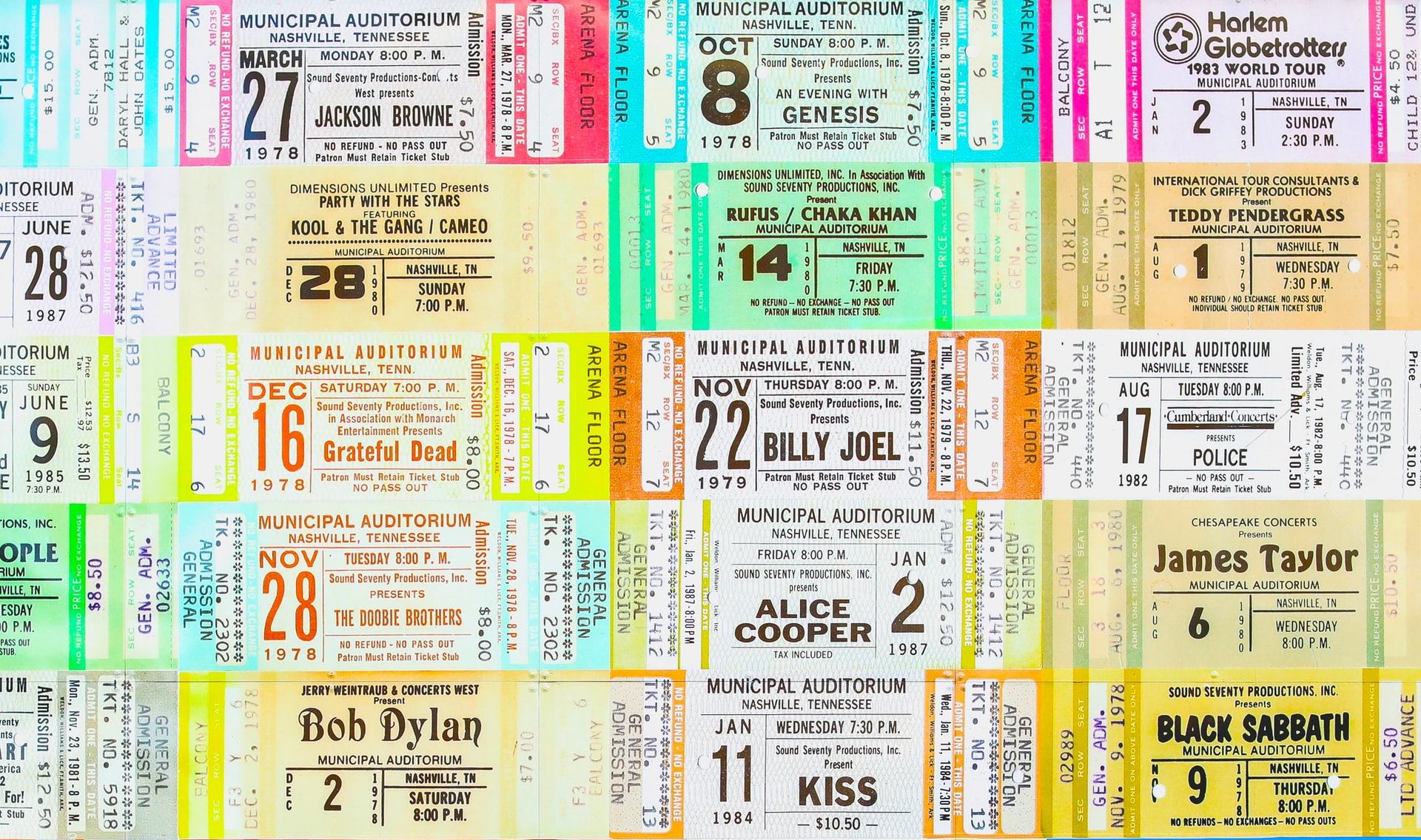The applications of blockchain and cryptocurrencies are endless. Right now NFTs have captured the spotlight.
The creation and exchange of nfts is mostly involving art, music, gaming and last but not least sports. We have recently witnessed the growth of Chiliz, a sports and entertainment focused blockchain, that offers the ability to exchange and create NFTs. Chiliz already has partnerships with some of the world’s major football clubs including Barcelona, Juventus, Milan, Paris Saint-Germain, and may soon be partnering with NBA teams.
It is precisely in the world of NBA that an idea is emerging.
Mark Cuban and the NFT ticketing
Mark Cuban, the billionaire owner of the NBA’s Dallas Mavericks, has been betting a lot on Dogecoin lately, the cryptocurrency also supported by Elon Musk, which has grown by about 6000% in one year.
In an interview on “The Delphi Podcast,” he said that he’s working on a far more lucrative idea than selling merchandise or collectibles, the implementation of an NFT ticketing system for Mavericks games.
“What are applications that this new technology can turn upside down? So that I can disrupt an industry and make a f*ck load of money… That is the opportunity I look for.“
One of the most obvious benefits is the retention of royalties on each resold ticket.
“We’re trying to find a good option for turning our tickets into NFTs. We want to be able to find ways so that, not only can our consumers, our fans, buy tickets and resell them, but we continue to make royalty money on them.”
NFT ticketing is therefore a way of revolutionizing the traditional model that guarantees benefits for both the fans and the team. The issue of ‘scalping’, a common phenomenon in music and sport industries, should also be considered. Certainly, a system like blockchain can’t eliminate scalping, but it can potentially reduce it and exploit it in a way that has never been possible before.
However, Mark Cuban is keen to point up that there are many factors to consider when implementing this system, and they must be taken into account carefully, to protect the game and to protect the fans.
Not only Art. If you think NFTs are a bubble, you are not considering the possible use cases.
Needless to say, if you can see the potential of this “use case” in the sport industry, you will be able to see the global potential of live events in the entertainment sector. In Nielsen’s “Sports Market overview: new trends”, it is noted that in 2018, sport (understood as revenue from TV rights, sponsorship, ticketing and merchandising) accounted for 21% of the total 616 billion in the entertainment industry (130 billion).
This is just one of the many use cases that passed unnoticed in the mainstream, also because we must remember that we are just starting to explore the world and possible applications of blockchain, but we are absolutely sure it has all the potential to change many sectors.
In this specific use case, what is certainly sure is that it is an application that we can define more practical, more “rational” than it can be that of the sale and purchase of digital artworks, obviously subject by nature to a strong volatility. In both cases, in the end, it’s all about “supply and demand”, that it’s still and will be always the basis of economy.
If you want to know more about NFTs:
NFTs in art and music. How to create them, where to find them, but most importantly: are they a bubble?
Sources:
